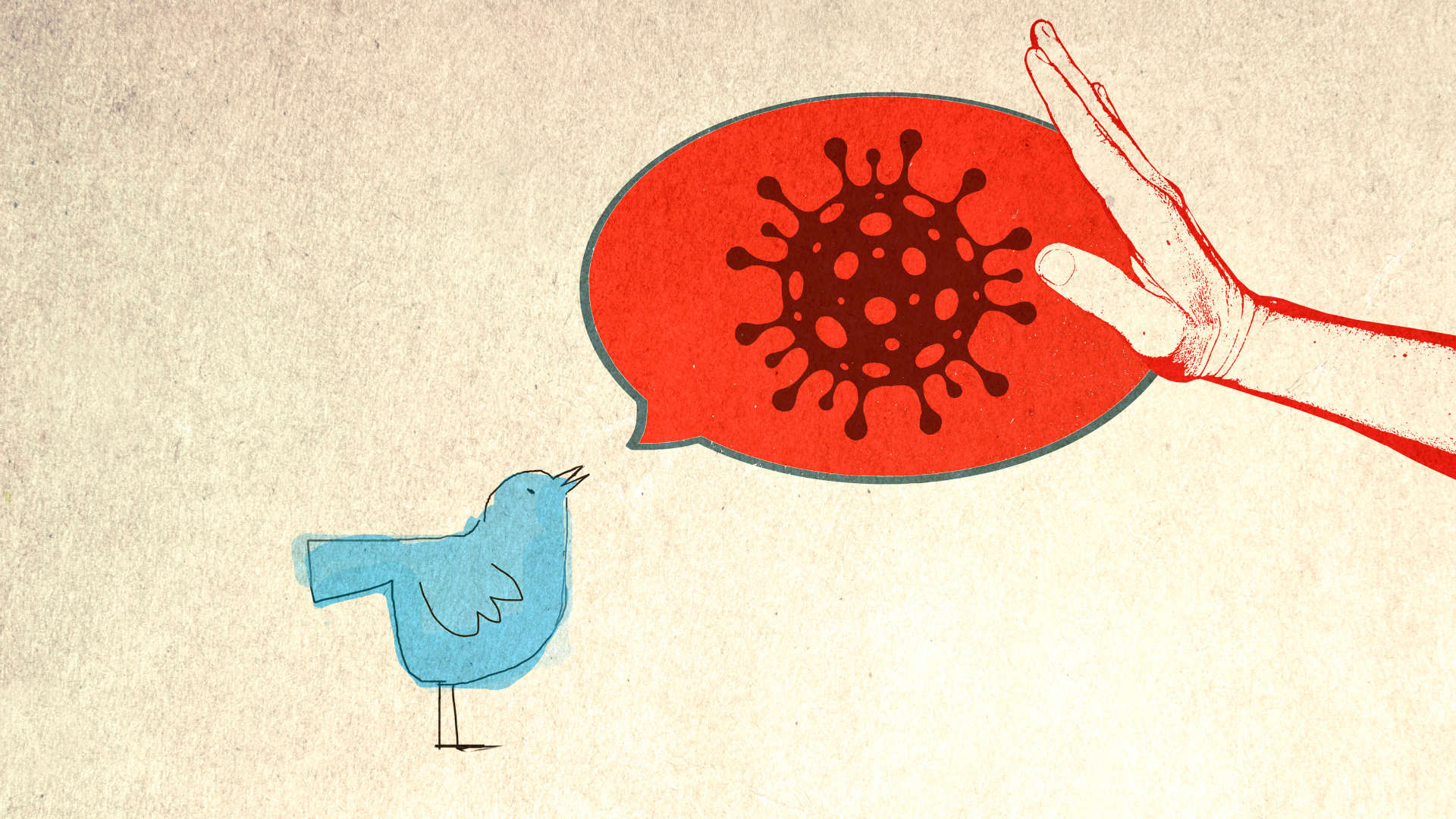How Therapy Can Help Improve Your Mental Health
How Therapy Can Help Improve Your Mental Health in today’s fast-paced world, where challenges are abundant, maintaining mental well-being is often pushed to the back burner. Whether it’s work stress, relationship struggles, or simply the overwhelming nature of modern life, it’s easy to see why so many individuals are feeling burdened by their mental health. This is where Mental Health Therapy can play an incredibly crucial role. Therapy is not just a way to talk about your problems; it’s a transformative process that empowers individuals to address emotional, psychological, and behavioral challenges in meaningful ways. If you’ve ever wondered whether therapy could benefit you, keep reading to explore the many ways it can help improve your mental health.

The Benefits of Mental Health Therapy
1. Emotional Clarity and Expression
One of the first advantages of engaging in Mental Health Therapy is the ability to express emotions openly in a safe, non-judgmental environment. Many people struggle with bottling up their feelings, whether due to fear of rejection, shame, or simply not knowing how to articulate what they are going through. Therapy gives you a space to explore your emotions in a constructive manner. It encourages vulnerability, which ultimately leads to self-discovery and emotional clarity.
By sharing your inner world with a therapist, you gain a new perspective on your feelings. Over time, you will become more attuned to your emotional triggers and learn how to manage them in healthy ways. Whether you’re dealing with anxiety, grief, or anger, therapy enables you to acknowledge your feelings and take the necessary steps toward healing.
2. Developing Coping Mechanisms for Stress and Anxiety
Anxiety is one of the most common mental health concerns, affecting millions of people around the world. From racing thoughts to physical symptoms like heart palpitations, the effects of anxiety can feel all-encompassing. However, Mental Health Therapy can provide valuable tools to manage these feelings effectively.
Therapists specialize in cognitive-behavioral techniques that help individuals reframe negative thoughts and challenge irrational beliefs. Instead of succumbing to anxiety, you will be equipped with practical strategies to calm your mind and body. For example, mindfulness exercises, deep-breathing techniques, and grounding methods are often used to help individuals stay present, minimizing the impact of anxious thoughts. With consistent practice, therapy can reduce the intensity of stress and anxiety, enabling individuals to lead more balanced lives.
3. Enhancing Self-Esteem and Self-Compassion
Many individuals struggle with low self-esteem, often due to past experiences or self-critical thought patterns. Mental Health Therapy can help break this cycle by fostering self-compassion and improving self-worth. Therapists work with individuals to identify harmful self-talk and replace it with more positive affirmations.
Through this process, you start to view yourself from a place of acceptance and understanding. You’ll learn to appreciate your strengths, acknowledge your flaws, and stop comparing yourself to others. This process can be incredibly freeing. It allows you to start living authentically, without the fear of judgment or inadequacy.
4. Relationship Improvement
Relationships, whether personal or professional, often take a toll on our mental health. Unresolved conflicts, communication issues, or emotional disconnect can breed frustration and stress. Mental Health Therapy can significantly enhance how we interact with others by offering strategies for healthier communication, conflict resolution, and emotional intelligence.
Therapists work with individuals or couples to examine the dynamics within their relationships. They help you identify patterns of behavior that may be contributing to stress or dissatisfaction. Whether it’s learning to listen more effectively, expressing feelings with kindness, or setting appropriate boundaries, therapy offers tools that strengthen interpersonal bonds.
5. Overcoming Trauma and Grief
Trauma, whether it stems from a past relationship, an accident, or a deep loss, can leave lasting emotional scars. These experiences often shape our thoughts, actions, and even our view of the world. Mental Health Therapy is a powerful resource for individuals who are working through trauma or grief.
Therapists trained in trauma-informed care offer safe, supportive spaces where individuals can process their emotions and memories. The goal of therapy is not to erase the trauma, but to help individuals heal and reclaim control over their lives. With time and professional guidance, individuals can transform the way they relate to their traumatic experiences and begin to heal.
6. Gaining Insight into Behavioral Patterns
Another valuable aspect of Mental Health Therapy is gaining insight into behavior patterns that may be negatively impacting your life. Often, we don’t realize that our habits or routines are contributing to our mental health struggles. Therapy helps individuals uncover these patterns by providing a clear and objective view of their actions.
For instance, a therapist may identify that certain behaviors, such as procrastination or avoidance, are driven by deeper fears or anxieties. By understanding the root cause of these behaviors, individuals are better equipped to break free from them and develop healthier coping mechanisms. Therapy acts as a mirror, reflecting back to you the aspects of your life that need attention and growth.
Common Types of Mental Health Therapy
Therapy isn’t a one-size-fits-all approach. There are various forms of Mental Health Therapy that cater to different needs and preferences. Here are a few popular types of therapy:
1. Cognitive Behavioral Therapy (CBT)
Cognitive Behavioral Therapy (CBT) is one of the most common types of therapy for treating anxiety, depression, and other mood disorders. CBT focuses on identifying negative thought patterns and challenging them. It empowers individuals to shift their mindset and adopt healthier thought processes.
CBT also teaches practical coping mechanisms, such as problem-solving skills and relaxation techniques. As a result, individuals who undergo CBT often experience lasting positive changes in their emotional and mental well-being.
2. Psychodynamic Therapy
Psychodynamic therapy is grounded in the belief that our unconscious mind influences our behavior. In this type of therapy, individuals explore their past relationships, experiences, and memories to gain insight into how these elements affect their current life. Psychodynamic therapy is particularly effective for those dealing with unresolved emotional conflict or childhood trauma.
3. Dialectical Behavior Therapy (DBT)
Dialectical Behavior Therapy (DBT) was developed to help individuals with emotional regulation issues, such as those with borderline personality disorder (BPD). DBT combines elements of cognitive-behavioral therapy with mindfulness and acceptance techniques. The primary focus of DBT is to teach individuals how to tolerate distress, regulate emotions, and improve interpersonal relationships.
4. Family Therapy
Family therapy is an excellent option for individuals looking to improve their relationships with family members. It involves working with a therapist to address communication issues, conflict resolution, and emotional support within a family system. Family therapy can be beneficial for resolving long-standing issues that have affected the entire family dynamic.
5. Group Therapy
Group therapy offers a sense of community and support for those going through similar challenges. In group therapy, individuals meet with a therapist and other group members to share experiences, gain feedback, and learn new coping strategies. Group therapy can be especially helpful for individuals who feel isolated or disconnected from others.
How to Know if Mental Health Therapy is Right for You
Therapy is a highly personal journey, and it’s important to know when it’s time to seek professional help. If you find that you are consistently feeling overwhelmed, stressed, anxious, or depressed, therapy could offer the relief you need. Additionally, if you’re struggling with relationship issues, grief, or unresolved trauma, therapy can provide a space for healing and self-discovery.
Remember, there is no shame in asking for help. Everyone’s mental health journey is unique, and seeking therapy is a step toward taking control of your emotional well-being. If you’re unsure where to start, many therapists offer consultations that can help you decide if therapy is right for you.
Mental Health Therapy is a powerful tool for improving emotional well-being and leading a balanced life. Whether you’re dealing with anxiety, trauma, or simply looking to improve your relationships, therapy offers a safe and structured environment to address your concerns. With the right support and guidance, therapy can help individuals uncover their true potential, foster emotional growth, and lead healthier, more fulfilling lives. So, take that first step toward healing—your mental health is worth it.






